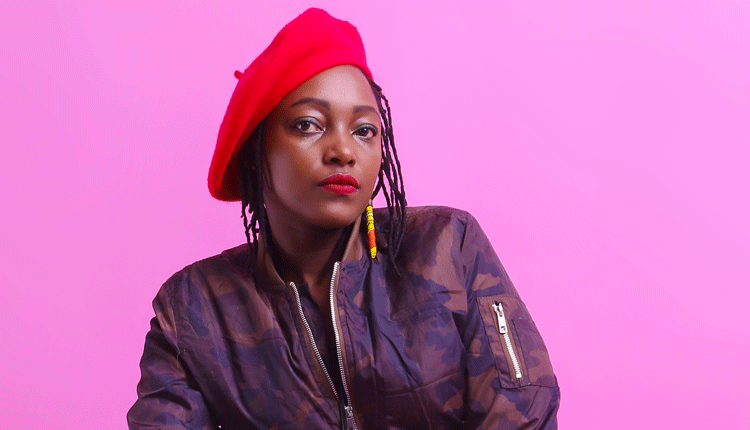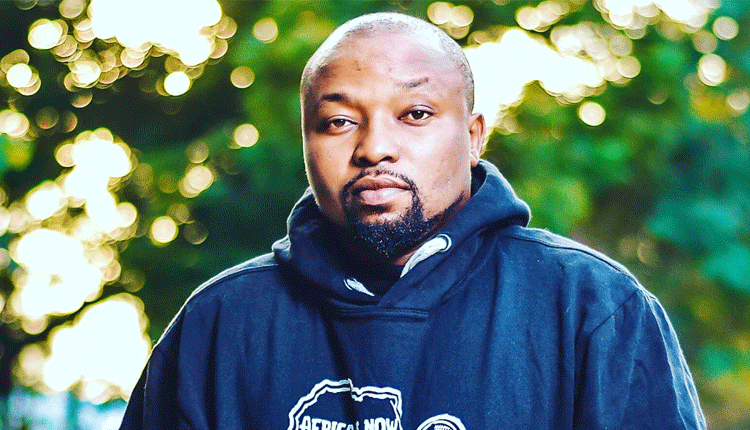Happy birthday hip-hop!

As one of the most influencial music genres, hip-hop turns 48 this year and has grown tremendously.
From the streets of Bronx in New York City where it arguably originated from, to the streets of Nairobi, Mombasa and Kisumu, hip-hop has grown in leaps and bounds, adapting to the local scene.
At the moment, there is a lot to smile about for its fans, with the industry seemingly on the right track courtesy of a number of things that have influenced the positive trajectory.
On top are the releases of good music, as a number of artistes have been burning the midnight oil to ensure that the market is saturated. With it, we have seen a rise in Swahili hip-hop, as the regional genre continues to push beyond borders.
“I think we have witnessed a spike in the hip hop game over the last couple of years, especially Swahili hip-hop.
At first many didn’t want to use the term or thought it represented Tanzanian rap, but generally, it covers the whole region.
Our products are pushing beyond the borders and the market is ready. I believe it’s just a matter of time before we get the world’s attention.
This is not just about artistes, but we have to mention producers and other stakeholders who have upped their game to make sure that the bar continues to rise,” says rapper and entrepreneur Nafsi Huru, whose recent collabo One Rasta with New York-based Mazzi ft Nazizi is one of the songs testifying to this.
Industry elevation
Europe-based producer Jos Kosmos has also been working with some local rappers, and Coast-based artiste, Fikra Teule among them. Recently, betting company Odibets worked with rapper Khaligraph Jones on the ‘OdiNare Challenge’, which saw tens of participants take part in an online rap contest under the watchful eyes of industry heads such as Ondu Streetlawyer and Scar Mkadinali.
Kibera-born rapper Katapila emerged the winner; bagging the Sh1 million ultimate prize and a recording deal with Blue Inc music label.
“The initiative is about growing the local music industry. Being at the forefront of the whole movement, I felt like it is my responsibility to help grow talent,” says Jones.
While the music scene continues to buzz, other hip-hop artistes have been pushing various community-led projects, which have been impactful in the way people view the genre.
“For long, many people have wrongly associated hip-hop with thuggery and other negative associations, but hip-hop is about changing the society through art,” says Fikra, who is part of the Africa Is Now Movement. 
“As a movement, we have been sensitising our communities about taking care of the environment through different platforms from media campaigns to workshops with the collaboration of Kishoka Youth Group.
We are also keen on the use of technology in the fight against pollution. For instance, on this years’ World Environment Day, we picked 100kgs of litter and planted 1,500 mangrove tree seedlings,” adds the rapper, who recently released his third studio album Wazalendo Raia.
Tool for justice
Recently, there was huge outcry in the country, as thousands of young people protested over police brutality and extra judicial killings, with rapper Domani Mkadinali’s line “Kuna siku mayouth wataungana (there’s a time the youth will unite)” being shared across many platforms.
Artivists have not been left behind either, with King Kaka recently releasing a hard-hitting jam titled Tena, to talk about the same issue.
“This is a menace that continues to wreck-havoc the world over and its time that we addressed it as we are losing too many lives, especially young people.
There is a growing need to restructure how the policing business works because at the moment, it’s about protecting certain systems that continue to oppress the common man.
How many times have musicians been robbed of billions of shillings collected in royalties and annual fees? Many.
Theirs is to collect everything everywhere. After that they pocket it without a second thought because they are backed up by the system and a cultural attitude that looks at young talents as vulgar noisemakers, bhang smok ers and prostitutes,” rapper MC Sharon aka Alshaverb tells Spice.
According to her, even the older artistes are not spared because voices, especially the dissident ones, mean very little in the society. “If it were up to them, we’d all be singing government praises as was the norm in previous regimes,” she adds.
Across the border in TZ, rapper Ney Wa Mitego is causing ripples with his new song Rais Wa Kitaa, in which he criticises the new regime for increased taxes and raps on the need for a new Constitution. 
He follows in the footsteps of fellow countryman Roma, who was at loggerheads with the previous regime.
In Uganda, Robert Kyagulanyi aka Bobi Wine, made headlines after running for presidency having made a name using Lugaflow, the Ugandan rap music.



